Endoscopic surgery
Endoscopic surgery is the least traumatic type of surgical treatment of pathologies. The intervention is carried out through pinpoint punctures. This minimizes the need for large incisions. At the K+31 center, otolaryngologists provide care in a multidisciplinary 24-hour hospital and outpatient department.

specialists

equipment

treatment
Endoscopic treatment methods in otolaryngology
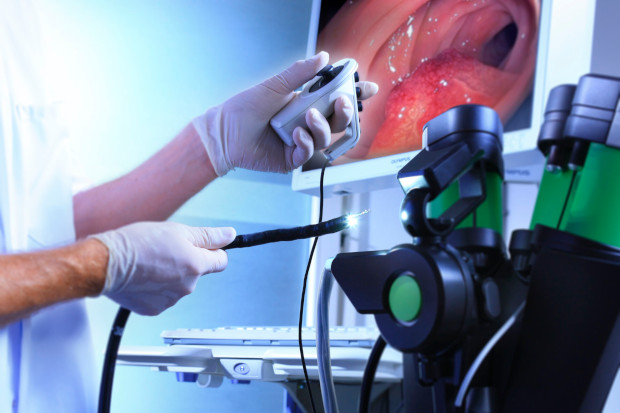
There are several endoscopic therapy methods. Here are the main ones:
- Sinusrotomy
- Mainorrhoethmoidotomy
- Polysinusotomy
According to doctors, not every identified cyst or polyp requires immediate surgical intervention. If a small tumor is detected that does not affect breathing and does not cause complications, the doctor prescribes conservative therapy.
Other treatment methods in otolaryngology
Maxillary ethmoidotomy
This is a rather complex operation on the maxillary and ethmoid paranasal sinuses. It is usually prescribed against the background of:
- Rapid progression of purulent sinusitis
- The presence of aggressive inflammation in the ethmoid bone
- Presence of polyps
Surgery is performed under general anesthesia.
Polysinusotomy
This is an extensive endoscopic surgical treatment. The operation is performed on 2 or more paranasal sinuses. The main objectives of the intervention include improving the passage of air through the sinuses, preventing the accumulation of mucus and correcting the overgrown mucous membrane.
General information about endoscopic surgery
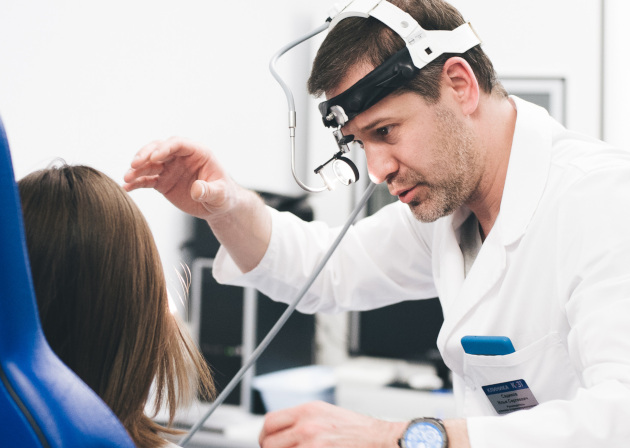
How is an appointment with an otolaryngologist at K+31?
Our doctors

This award is given to clinics with the highest ratings according to user ratings, a large number of requests from this site, and in the absence of critical violations.

This award is given to clinics with the highest ratings according to user ratings. It means that the place is known, loved, and definitely worth visiting.

The ProDoctors portal collected 500 thousand reviews, compiled a rating of doctors based on them and awarded the best. We are proud that our doctors are among those awarded.
Make an appointment at a convenient time on the nearest date
Price
Reviews

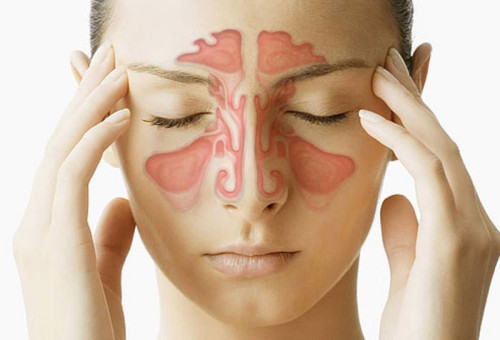
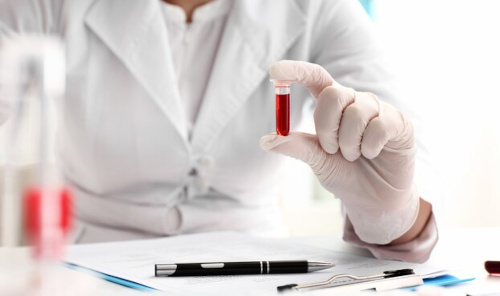
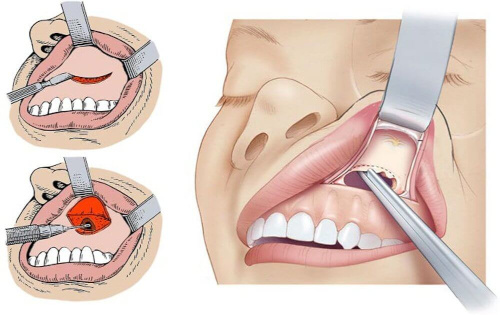
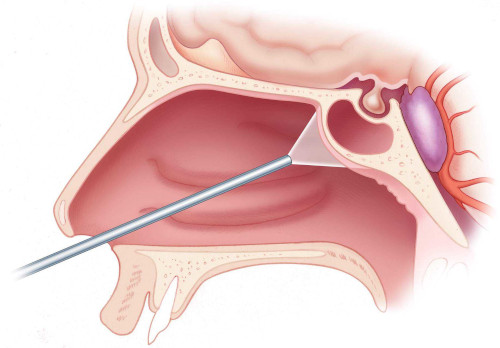
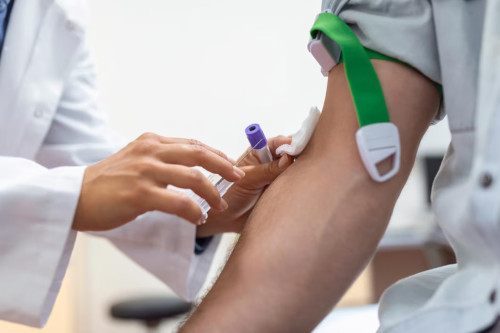
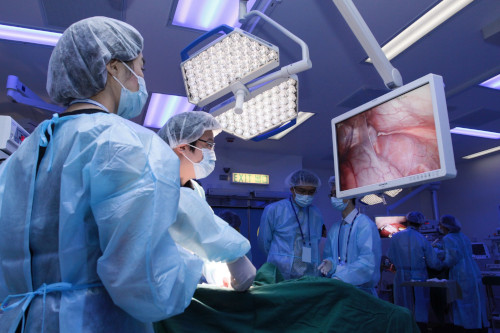

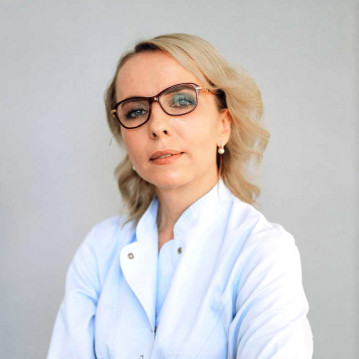
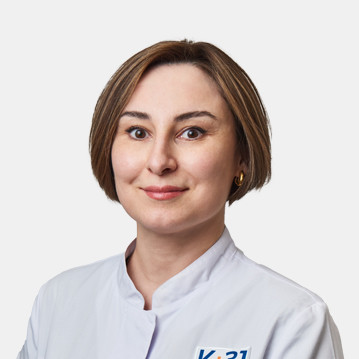
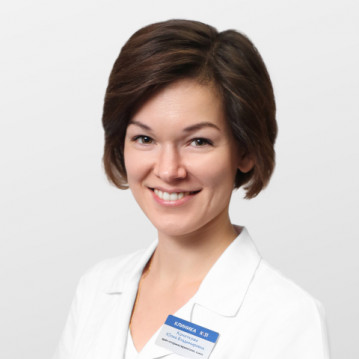

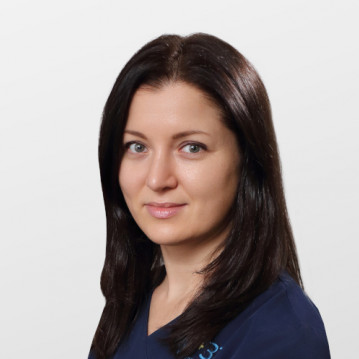
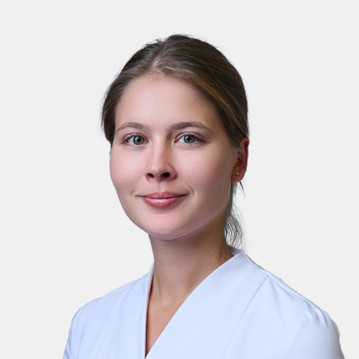
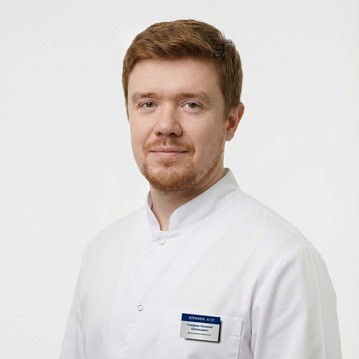
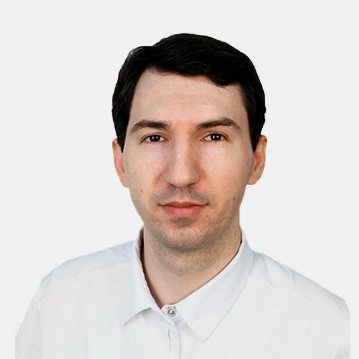
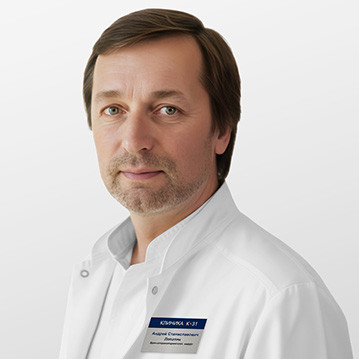
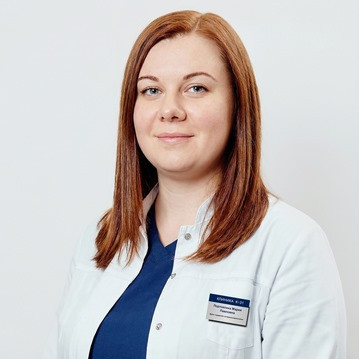
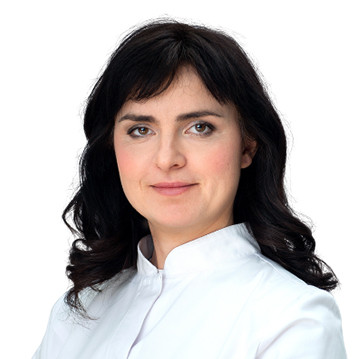
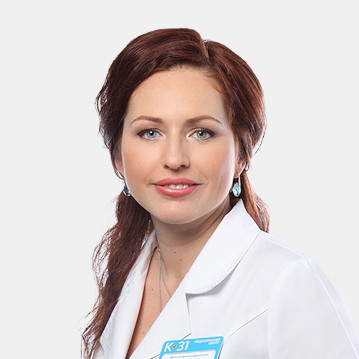
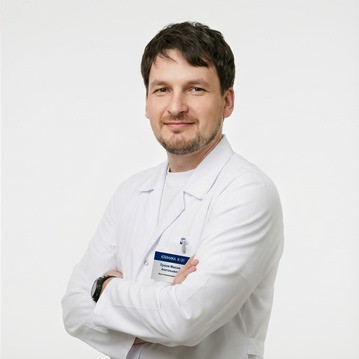
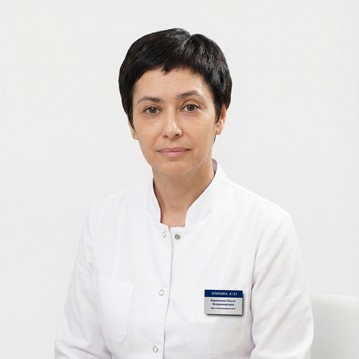
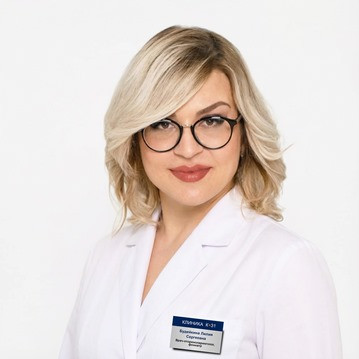
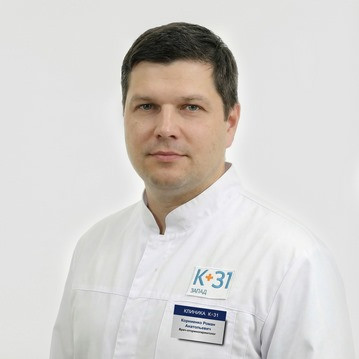
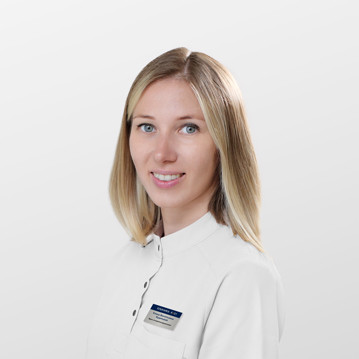
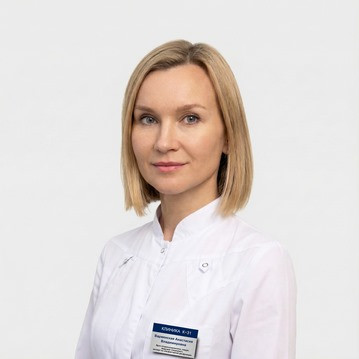
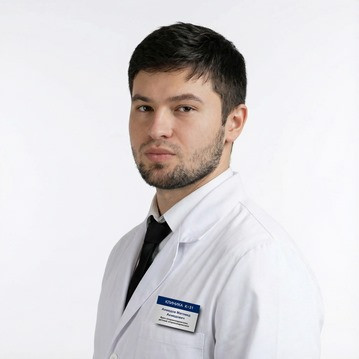

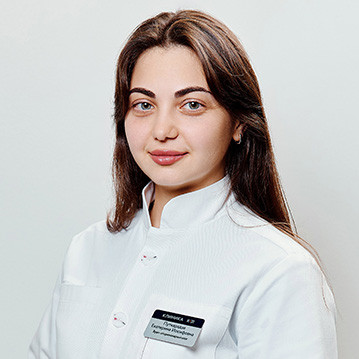
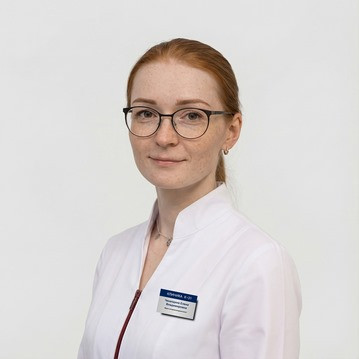
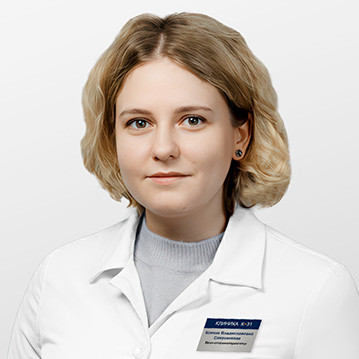
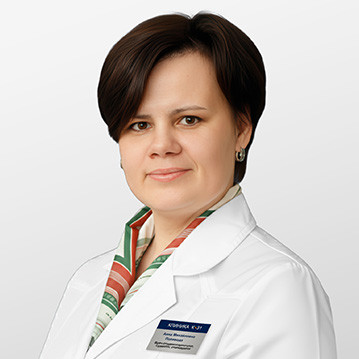
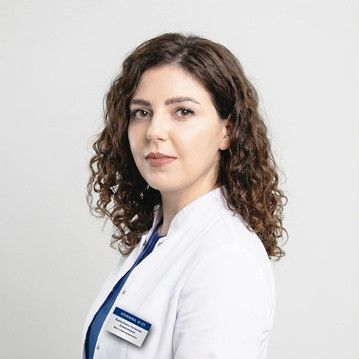
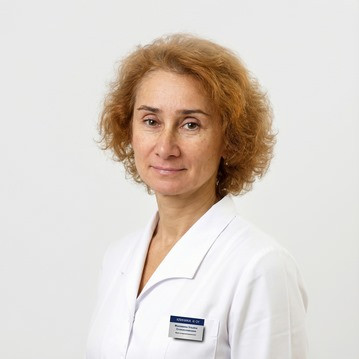
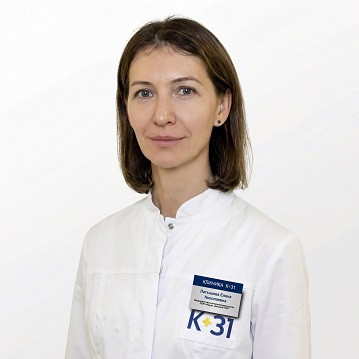
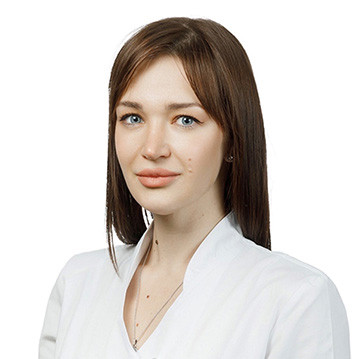
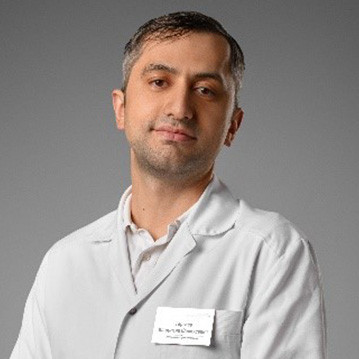







Indications and contraindications
Functional endoscopic sinus surgery (FESS) involves not just eliminating the problem, but also preserving or restoring natural functions. After the operation, free breathing is restored, local immune defense is increased, and mucus removal is improved.
The following indications for endoscopic surgery are distinguished:
Endoscopic abdominal surgery is not performed against the background of acute infectious diseases or exacerbation of chronic pathologies.